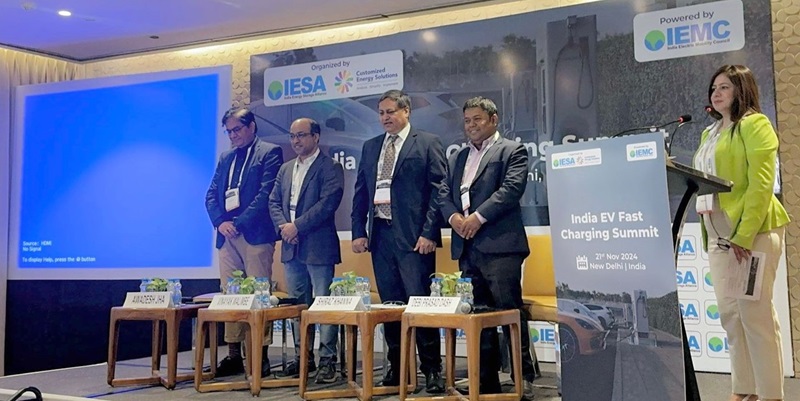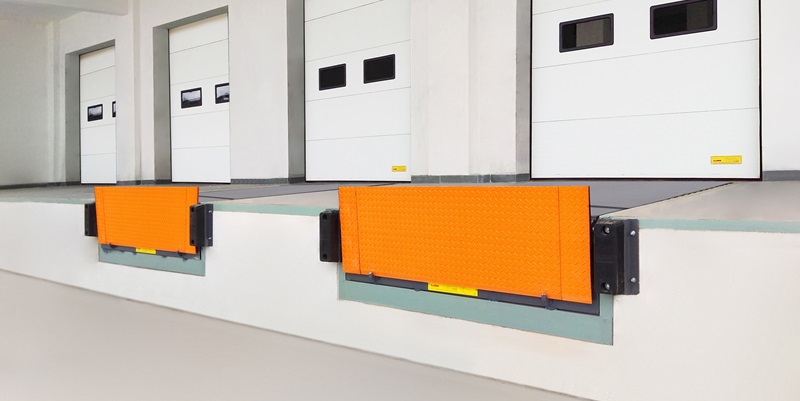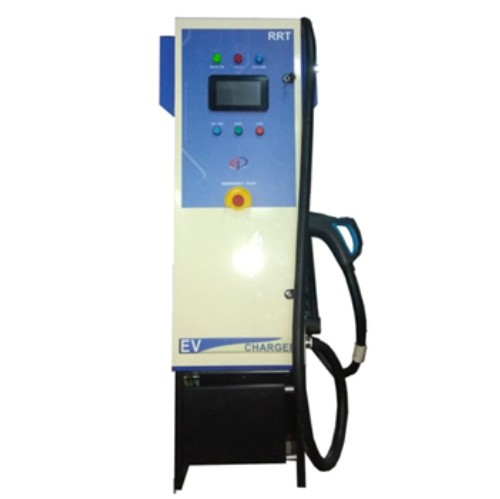Schedule a Call Back
India’s EV charging infra demands for over $30 billion: IESA
 Industry News
Industry News- Nov 25,24

Related Stories
Tata Power signs MoU with ADB for $4.25 billion to finance clean energy projects
The total estimated project cost is approximately $4.25 billion.
Read more
India’s EV charging infra demands for over $30 billion: IESA
The summit also received a demand from industry experts to accelerate EV adoption by increasing public and private sector funding in India’s rapidly growing fast charging ecosystem.
Read more
Redefine operations with Gandhi Automations' dock leveller solutions
Designed to meet EN 1398 standards the levellers are engineered for the most demanding environments.
Read moreRelated Products
Tata Motors unveils facilities for development of Hydrogen propulsion tech
Tata Motors, India?s largest automobile company, unveiled two state-of-the-art & new-age R&D facilities for meeting its mission of offering sustainable mobility solutions. The unveilings constitute of Read more
Tata Motors plans petrol powertrain for Harrier and Safari SUVs
Tata Motors is in the process of developing a new petrol powertrain for its premium sports utility vehicles, the Harrier and Safari, as confirmed by a senior company official. Currently, these models Read more

Electric Vehicle Charger
RRT Electro is engaged in manufacturing of customized Power Electronic Products over two decades having capability to Design, Develop, Prototyping, Regulatory Compliance testing & Certification, Manuf Read more











